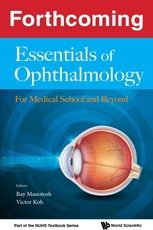
Essentials of Ophthalmology: For Medical School and Beyond
Ophthalmology, Clinical Examination of the Eye, Anatomy of the Eye, Clinical Approaches for Ophthalmology Symptoms and Signs
Authors : Ray Manotosh (National University Hospital, Singapore) and Victor Koh (National University Hospital, Singapore)
Publisher : World Scientific
ISBN : 978-981-3275-59-1
There are currently no reviews for this book title.
Essentials of Ophthalmology: For Medical School and Beyond is a concise reference text for the medical undergraduates and residents, but the contents will also benefit family physicians who really are the first line of eye-care givers in the community.
Highly illustrated with 200 colour clinical pictures and illustrations, the book is written by the multi-disciplinary faculty of the Department of Ophthalmology, National University Health System, Singapore. The authors constantly asked themselves "how much is too much" and deliberately attempted to weed out any "excess" for the benefit of the target readers. The content is written in a point format with lucid language.
Emphasis has been focused on information that constitutes essential ophthalmic "core conditions and problems" of the current medical undergraduate curriculum. Every section in the book has "learning objectives" and a "take home message" to facilitate quick learning. The book embraces a practical guide to the study of ocular diseases, basic methods of investigations and treatment where applicable.
Highly illustrated with 200 colour clinical pictures and illustrations, the book is written by the multi-disciplinary faculty of the Department of Ophthalmology, National University Health System, Singapore. The authors constantly asked themselves "how much is too much" and deliberately attempted to weed out any "excess" for the benefit of the target readers. The content is written in a point format with lucid language.
Emphasis has been focused on information that constitutes essential ophthalmic "core conditions and problems" of the current medical undergraduate curriculum. Every section in the book has "learning objectives" and a "take home message" to facilitate quick learning. The book embraces a practical guide to the study of ocular diseases, basic methods of investigations and treatment where applicable.
Details for these authors are currently not available.
There are currently no reviews for this book title.
Buy this book, https://www.worldscientific.com/worldscibooks/10.1142/11137, 13575, false
FAQs
Click on the "Buy this book" button
You can email us at book-review@enago.com and we will get back to you with the next steps shortly.
New Releases
-
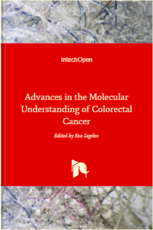
Advances in the Molecular Understanding of Colorectal Cancer
-
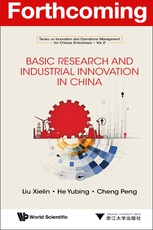
Basic Research and Industrial Innovation in China
-
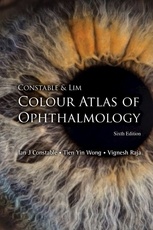
Constable & Lim Colour Atlas Of Ophthalmology: Sixth Edition
-
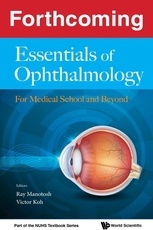
Essentials of Ophthalmology: For Medical School and Beyond
-
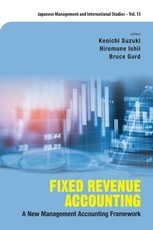
Fixed Revenue Accounting: A New Management Accounting Framework
All featured publishers and authors can avail of a free promotional interview on Enago Academy! Write to us now!
